Azure Cosmos DB vs Azure SQL Database | Comparison Between them
Azure Cosmos DB has the upper hand over Azure SQL Database with its low latency, high throughput, high availability, and multi-model support. It provides the best results for applications where real-time data access and fast performance are necessary.
Azure SQL Database, however, has an edge by offering built-in intelligence, better security, and other traditional SQL server features. As a result, it is more robust when handling SQL server workloads.
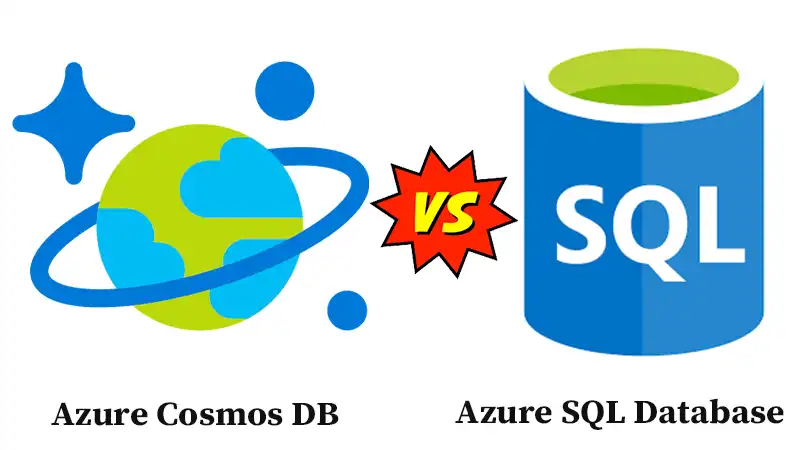
What Is the Difference Between SQL DB and Cosmos DB?
Although Azure SQL DB and Cosmos DB have some features in common, given they are offerings from Microsoft, they have their share of differences.
1. Type of Database
Azure Cosmos DB is a NoSQL database service that runs on a multi-model system. This globally distributed database supports data models such as documents, graphs, and key values. Besides, it even allows users to integrate an SQL API if SQL-like queries are what they prefer.
In contrast, Azure SQL Database is a fully managed RDBMS with full support for typical SQL servers. Unlike Cosmos DB, its basis is the traditional SQL language, for which you get better compatibility with conventional data models. Plus, it offers proper fulfillment of the ACID properties.
2. Data Models
As a NoSQL service, Azure Cosmos DB offers integration of different data models, such as document structures, graphs, and key values. As a result, you get enhanced flexibility and better performance compared to typical SQL databases.
On the contrary, you get support for nothing more than the standard SQL data model when using Azure SQL Database. However, it provides better consistency as well as faster speed.
3. Query Language
With Cosmos DB, you can use different query languages, although not traditional SQL. The list includes MongoDB Query Language (MQL) and Cassandra Query Language (CQL). These languages provide automatic data distribution and fast data transfer compared to SQL’s moderate storage and speed capabilities. Plus, you can deal with unstructured data.
Azure SQL Database uses standard SQL query language. Although a bit slow, SQL lets you unlock the ability to process complex queries with a predefined schema. However, the fixed schema means there will be storage limitations.
4. Scalability
Apart from commendable performance, Azure Cosmos DB has an automatic scaling feature. Its scaling occurs horizontally across different regions by incorporating additional replicas and partitions.
Fortunately, Azure SQL Database also has the auto-scaling feature though it scales vertically. It does so by boosting the memory and computing resources as per requirements.
5. Storage Options
The best thing about Azure Cosmos DB is that it offers unlimited storage for each container and database. So, there’s no need to upgrade your plans if you need more storage.
On the other hand, Azure SQL Database offers you different plans such as 100 TB for SQL database, 8 TB for managed instance, and 256 TB for SQL virtual machine.
6. Backups
The backup scenario with Cosmos DB consists of two different modes. The backup mode is set to Periodic by default, which ensures data backup at a fixed interval. In this mode, you can retrieve the data through a request to the support team. Also, you can set it to Continuous, which lets you restore backed-up data to any moment in the previous 30 days.
Conversely, Azure SQL Database uses Azure Blob Storage to retain backups through its long-term retention plan without placing manual requests. In this regard, it has an edge over Azure Cosmos DB.
7. Data Scheme
The data scheme of Cosmos DB is schema-free, meaning there is no mandatory structure for the data you store. Hence, you get a certain level of flexibility. Azure SQL Database, on the other hand, enforces a schema-based scheme with structured tables and columns.
Frequently Asked Questions and Answers – FAQs
Is Azure Cosmos DB a component of Azure SQL?
No, Azure Cosmos DB is not a component of Azure SQL. Instead, they are two separate types of databases from Microsoft targeted toward different users. Azure Cosmos DB belongs to the Azure Cloud Platform and is a managed NoSQL database. But Azure SQL is a fully managed relational database.
Does Azure Cosmos DB support SQL?
Azure Cosmos DB is a NoSQL database, meaning there is no direct support for SQL queries. However, there is an SQL API for Cosmos DB in case you want a more SQL-like experience.
Why is Azure Cosmos DB used?
You can use Azure Cosmos DB for applications where low latency, high scalability, and real-time data access are necessary. Such use cases may include web, mobile, and IoT (Internet of Things) applications that work with lots of data on a large scale.
Conclusion
Azure Cosmos DB is better if your workload includes handling different data models, unstructured yet flexible data storage, and easy scalability. Still, for traditional SQL server workloads with high availability, Azure SQL Database takes the crown. It even supports PHP and Ruby as a bonus.

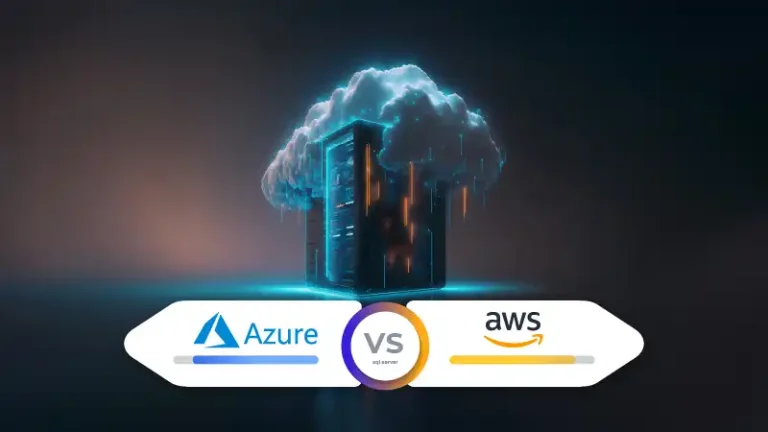
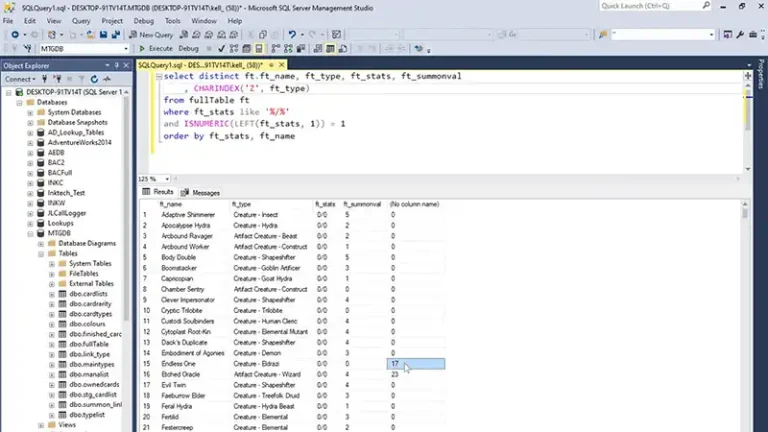
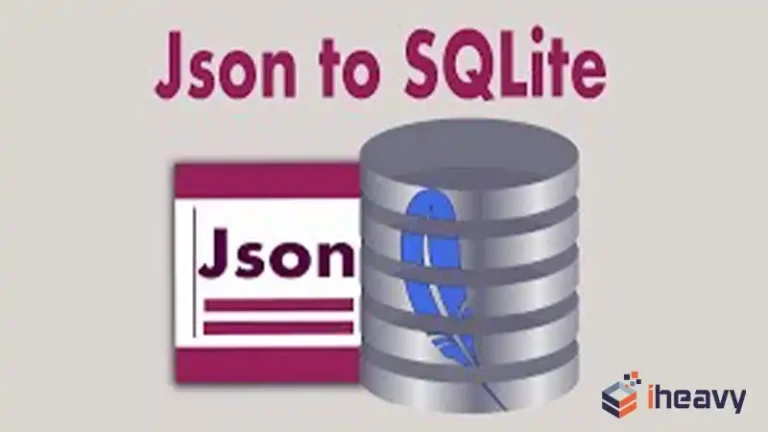
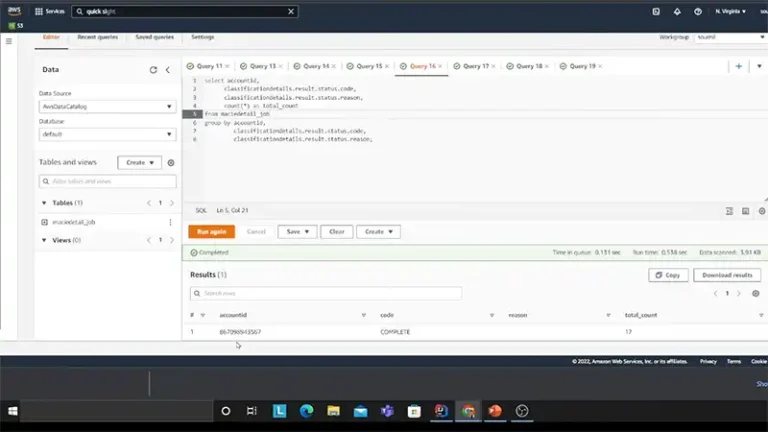
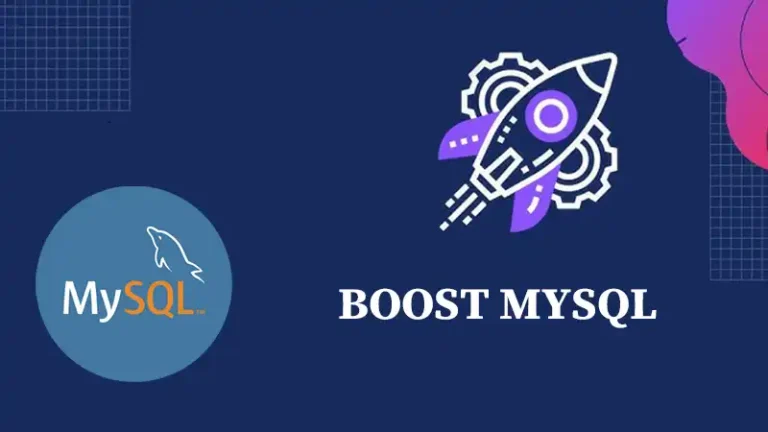
![Cannot Do Operations on a Non-Existent Table [Answered]](https://www.iheavy.com/wp-content/uploads/2024/06/Cannot-Do-Operations-on-a-Non-Existent-Table-768x432.webp)
